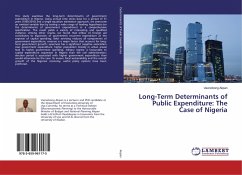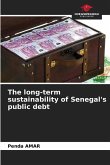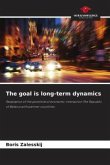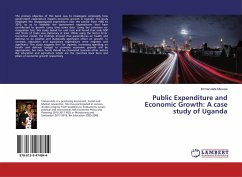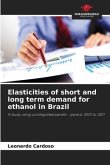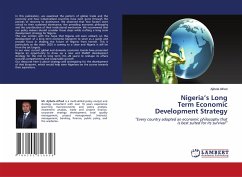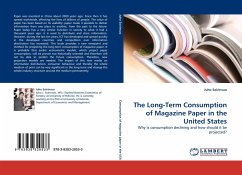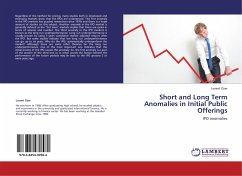This study examines the long-term determinants of government expenditure in Nigeria. Using annual time series data for a period of 51 years (1960-2010) and a single equation estimation approach, we overcome an omitted variable bias by testing a wide range of leading hypothesis (on the determinants of government expenditure) in a comprehensive specification. The result yields a variety of interesting and qualified evidence. Among other results, we found that inflow of foreign aid contributes to expansion of government recurrent expenditure at the expense of capital spending; debt servicing reduces all components of government expenditure; revenue is a major factor that account for long-term government growth; openness has a significant negative association over government expenditure; higher population (mostly in urban areas) lead to higher government spending; military regime is favourable to capital expenditure expansion in Nigeria than the civil administration; election period is associated with higher government expenditure than would otherwise be the case. To ensure fiscal sustainability and the overall growth of the Nigerian economy, useful policy options have been proffered.
Bitte wählen Sie Ihr Anliegen aus.
Rechnungen
Retourenschein anfordern
Bestellstatus
Storno

